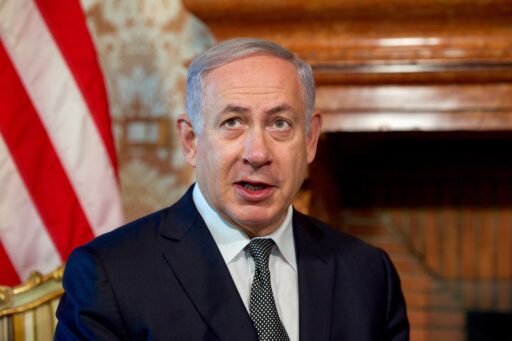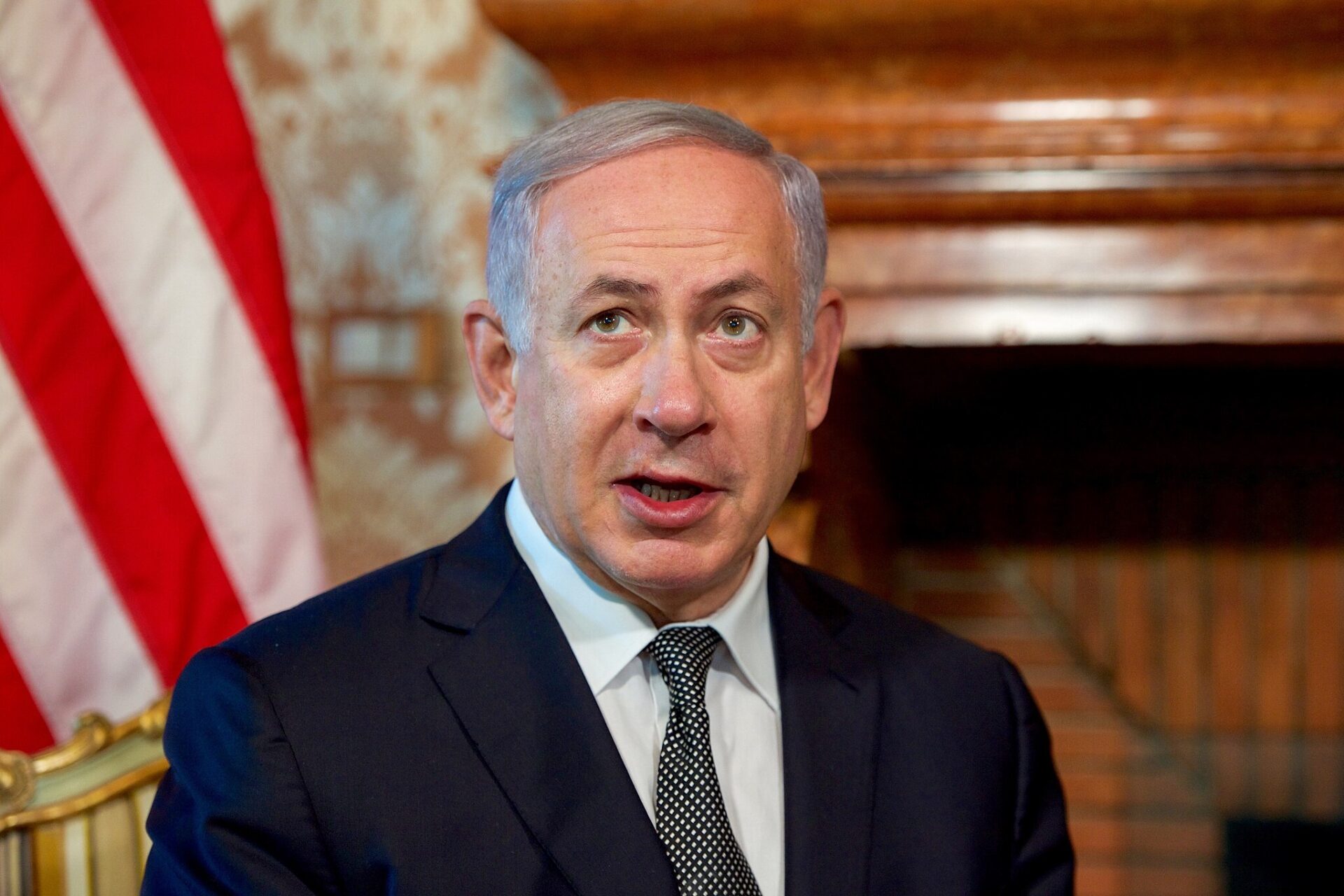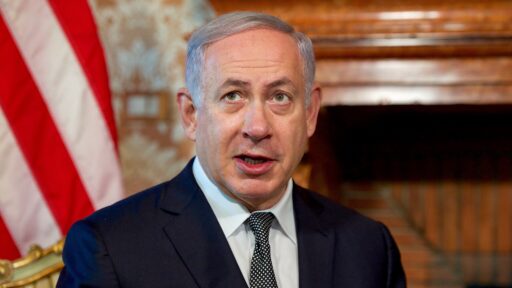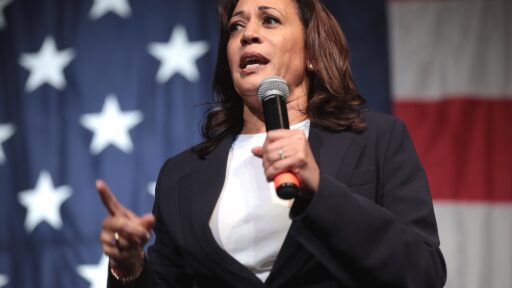Here’s what Biden is doing now…
Last week, amid mounting concerns over a potential Israeli invasion of the Gazan city of Rafah, the Biden administration made a pivotal decision to halt a shipment of American-made ammunition destined for Israel. This move, according to reports from two Israeli officials, represents the first instance in which the United States has intervened to block a shipment to the Israeli military since the series of Hamas attacks that occurred on October 7th. The decision has sparked significant apprehension within Israel’s government, as reported by Axios.
While the White House declined to offer official commentary on the matter, notable silence also emanated from the Pentagon, State Department, and Israeli Prime Minister Benjamin Netanyahu’s office in response to inquiries. This reticence underscores the delicate diplomatic terrain upon which the Biden administration finds itself navigating concerning the Israeli-Palestinian conflict.
Criticism of President Biden’s handling of the situation in Gaza has intensified, particularly regarding the administration’s unwavering support for Israel. In February, the Biden administration raised concerns over the usage of U.S.-made weaponry by the Israeli military, urging Israel to demonstrate compliance with international law. Israel subsequently provided assurances through a letter of commitment in March.
Prime Minister Netanyahu has reiterated his intentions to proceed with an invasion of Rafah, even if a ceasefire agreement with Hamas were to materialize and the release of hostages still held by the militant group in Gaza were secured. His remarks, particularly poignant on Holocaust Remembrance Day, suggest a firm stance in the face of perceived external pressure.
Tensions between the U.S. and Israel have become palpable, with Secretary of State Antony Blinken reportedly engaging in a “tough” conversation with Netanyahu regarding the planned Rafah operation. Blinken’s assertion that the United States would publicly oppose such a strike underscores the complexities of the U.S.-Israel relationship and the administration’s commitment to safeguarding civilian populations.
The Biden administration has made its position clear: any military action in Rafah must consider the plight of Palestinian refugees. White House spokesperson John Kirby emphasized this stance, signaling a potential shift in U.S. policy if Israeli actions fail to align with humanitarian principles. National Security Advisor Jake Sullivan echoed this sentiment, emphasizing that U.S. policy would be contingent on the progression of the Rafah operation.
Meanwhile, Netanyahu remains steadfast in his refusal to entertain the notion of ending the conflict through a hostage exchange that would allow Hamas to retain power in Gaza. As the situation continues to evolve, the delicate balance between U.S. interests, regional stability, and humanitarian concerns will undoubtedly shape the trajectory of future diplomatic efforts.







